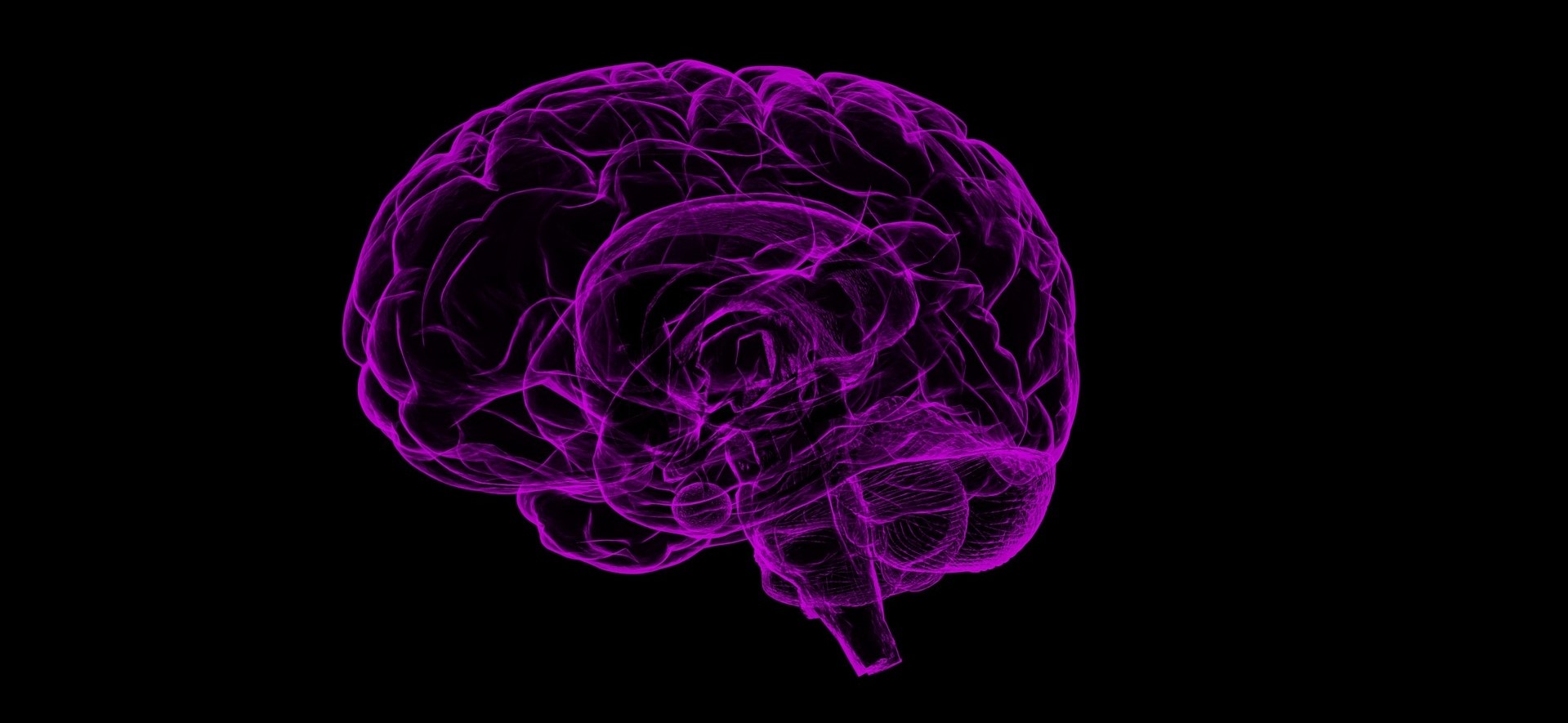Medication may help brain heal itself after stroke, says USC study
Not all inflammation in the brain is bad, Jung added. Inflammation plays a role in fighting infection and helps clear away dead tissue.

A new USC study lends support to the idea that medication someday helps the brain heal itself after a stroke, or even prevent damage following a blow to the head.
When a person has a stroke, the brain responds with inflammation, which expands the area of injury and leads to more disability. In the April 9 issue of Cell Reports, USC researchers describe a key gene involved with tamping down inflammation in the brain, as well as what happens when the injured brain gets an added boost of that gene.
The gene -- called TRIM9 -- is abundant in the youthful brain but grows scarce with age, just as people become more at risk from stroke. In a lab model of stroke, researchers found that older brains with low TRIM9 levels -- or engineered brains missing the TRIM9 gene entirely -- were prone to extensive swelling following a stroke.
But when the scientists used a harmless virus to carry a dose of the gene directly into TRIM9-deficient brains, the swelling decreased dramatically and recovery improved.
Jae Jung, lead author and chair of the Department of Molecular Microbiology and Immunology at the Keck School of Medicine of USC, says it's unlikely that gene therapy delivered by viruses will become the go-to treatment for strokes, head injuries or encephalitis. It's too slow, he said, and the best shot at treating stroke is within the first 30 minutes to one hour. Jung says the next step will be identifying what, exactly, flips on the switch for TRIM9 gene expression.
"Maybe there will be a way to chemically activate TRIM9 right after a stroke," Jung said. "Or maybe a football player can take a medication that turns on TRIM9 gene expression right after they get a blow to the head."
Not all inflammation in the brain is bad, Jung added. Inflammation plays a role in fighting infection and helps clear away dead tissue. But when it goes on too long, neurons die; inflammation causes the brain's blood vessels to become permeable, allowing white blood cells to enter tissue where they don't belong.










